Your Swiss Cheese Brain
We tend to imagine the brain as a kind of supercomputer—flawless, fast, and ruthlessly efficient. It’s a flattering metaphor. But it’s wrong.
The brain is not a finished product. It’s a construction site.
At birth, the human brain is more like a block of Swiss cheese: full of holes, gaps where understanding hasn’t formed yet. Those gaps aren’t mistakes—they’re the entire point. The holes are what make us learn. They’re what make us human.
This is what evolution has done. It hasn’t given us perfect minds—it’s given us minds that adapt. Minds built to notice what they don’t yet understand, to chase after meaning, to fill the blanks. That’s why children ask endless questions. It’s not a phase. It’s architecture.
Built to Fill the Gaps
Over time, those gaps begin to close. First through family and tradition. Then through school, peers, experience. We collect information, absorb habits, adopt beliefs. Not necessarily because they’re true—but because they’re useful. Or comforting. Or available.
And then something interesting happens. The same brain that spent years desperate to learn begins to shift. It starts resisting new information. It values efficiency over accuracy. Certainty over curiosity.
This isn’t a failure. It’s a feature.
The brain is expensive to run. It uses more energy than almost any other organ. So once it believes it has enough information, it locks it in. It builds shortcuts. Heuristics. Belief systems. It stops revisiting what it thinks it knows.
This makes us faster. But also lazier. Less flexible. More prone to error—because we’re operating from maps that no longer match the territory.
This is the great paradox of human intelligence: the very thing that makes the brain powerful—its ability to learn—comes with a built-in mechanism to stop learning once it feels it can get by.
Which means that unlearning, in many cases, is harder than learning.
The Case for Reopening What’s Closed
And yet, unlearning is the very thing we need most in a world defined by change.
Real intelligence—adaptability, resilience, insight—isn’t about how quickly we fill the gaps. It’s about how willing we are to open them back up. To challenge the ideas we’ve cemented. To revisit what we believe, not because it’s wrong, but because it might be out of date.
The gaps in our knowledge aren’t defects. They’re opportunities. And the people who thrive aren’t the ones who’ve filled in every hole—they’re the ones who keep going back and asking, “What have I stopped questioning?”
Because the moment we stop updating what we know is the moment we begin to fall behind.
Not because we’re not smart enough.
But because we’re too sure we are.
